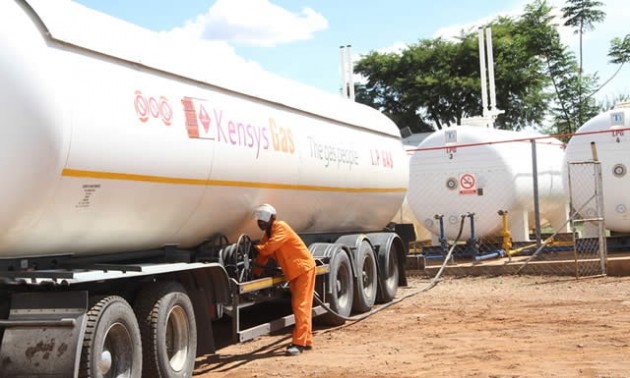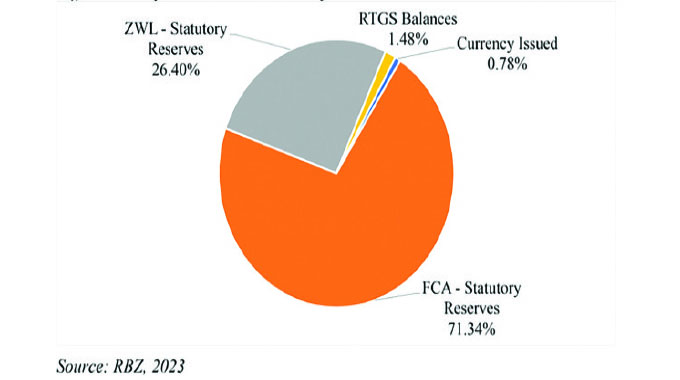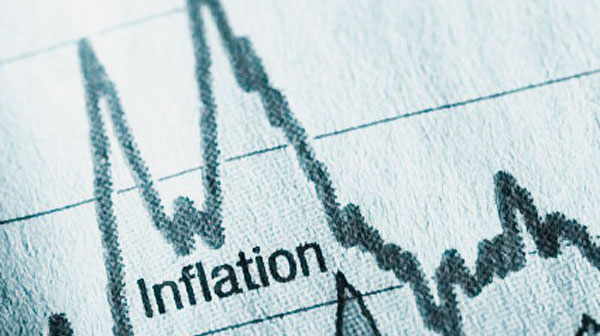Another gas shortage looms

Martin Kadzere Senior Business Reporter
ZIMBABWE could be hit by another round of Liquefied Petroleum Gas shortages after some leading gas refineries in South Africa declared force majeure on LPG exports due to several issues, including rationing of electricity to their plants and rising domestic demand. South Africa is Zimbabwe’s main supplier of LPG, whose demand is on the rise due to prevailing power cuts. Most households are now using gas for cooking and heating as an alternative to electricity and wood. Some industry sources told The Herald Business the consequences might be severe if local exporters do not come up with alternative suppliers.
LPG is a cleaner form of energy mainly for heating and cooking compared to kerosene and wood fuel. The use of LPG contributes to a reduction in the use of wood fuel and lessens pressures on the national electricity grid, which is already overburdened.
“The power situation in SA is almost similar to what is prevailing in Zimbabwe. As such, demand for LPG has also risen,” said a source that requested not to be identified. “There are also other factors such as bad weather and routine maintenance at Sasol, which have forced implementation of the force majeure. Sapref Refinery is also facing challenges while supplies to PetroSA, Chevron and Engen have remained erratic.”
In August this year, the country faced experienced LPG shortages due to erratic supplies from South Africa, a development that triggered price increases. LPG importer, Kensys Gas said the company has put in place measures to mitigate the shortages.
“I can confirm there are some challenges in South Africa, but as Kensys Gas, we have come up with alternatives to ensure the availability of the product,” marketing manager Ms Stella said. “We have enhanced our logistical capacity to transport huge volumes from the ports of Mozambique.
“We have adequate storage capacity and we are confident this should significantly mitigate shortages and maintain price stability. We also need to assure our customers that we have secured alternative suppliers providing the same quality of the product.”
Analysts have warned that with the LPG shortage looming, quality and standards may be compromised. A snap survey has shown that some LPG wholesalers and retailers have no or limited stocks.
However, retailers such as Metro Peach, Net Fuel Service Stations, Zuva Service Stations and PetroTrade have adequate stocks. LPG gas had become a more affordable and effective heating energy alternative to electricity and interruption of supply could have far reaching impact on local consumers.
Zesa is generating an average 1 000 MW, far below peak demand requirement of 2 200 MW. Low production levels are resulting from low generation capacity at Kariba Hydro Power Stations due to low water levels in Lake Kariba and recurrent breakdowns at Hwange Thermal plant.
Studies have shown that LPG contributes about 2 percent of the source of energy used by households in urban areas in Zimbabwe. The same applies in South Africa with LPG contributing between one and 2 percent, but this relates to the whole country. The implementation of force majeure has also seen South Africa augmenting supplies of LPG imports from Mozambique.









Comments